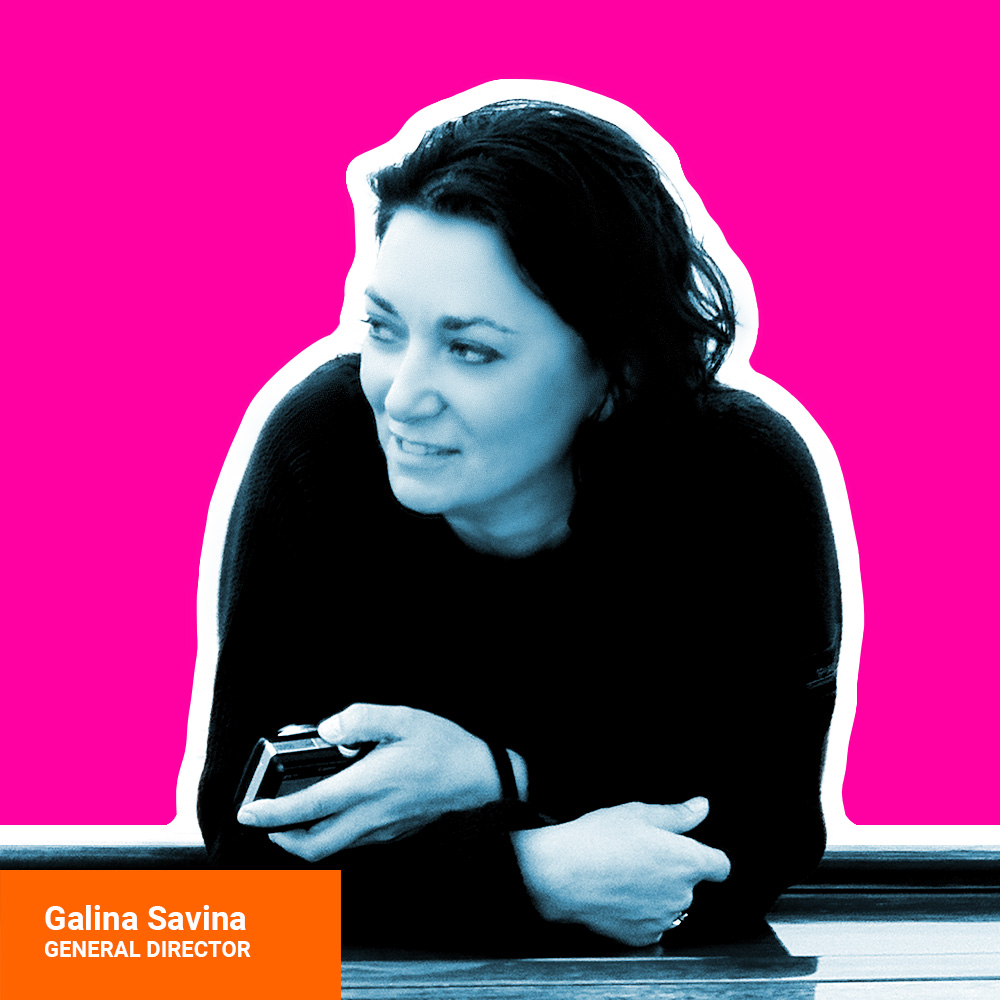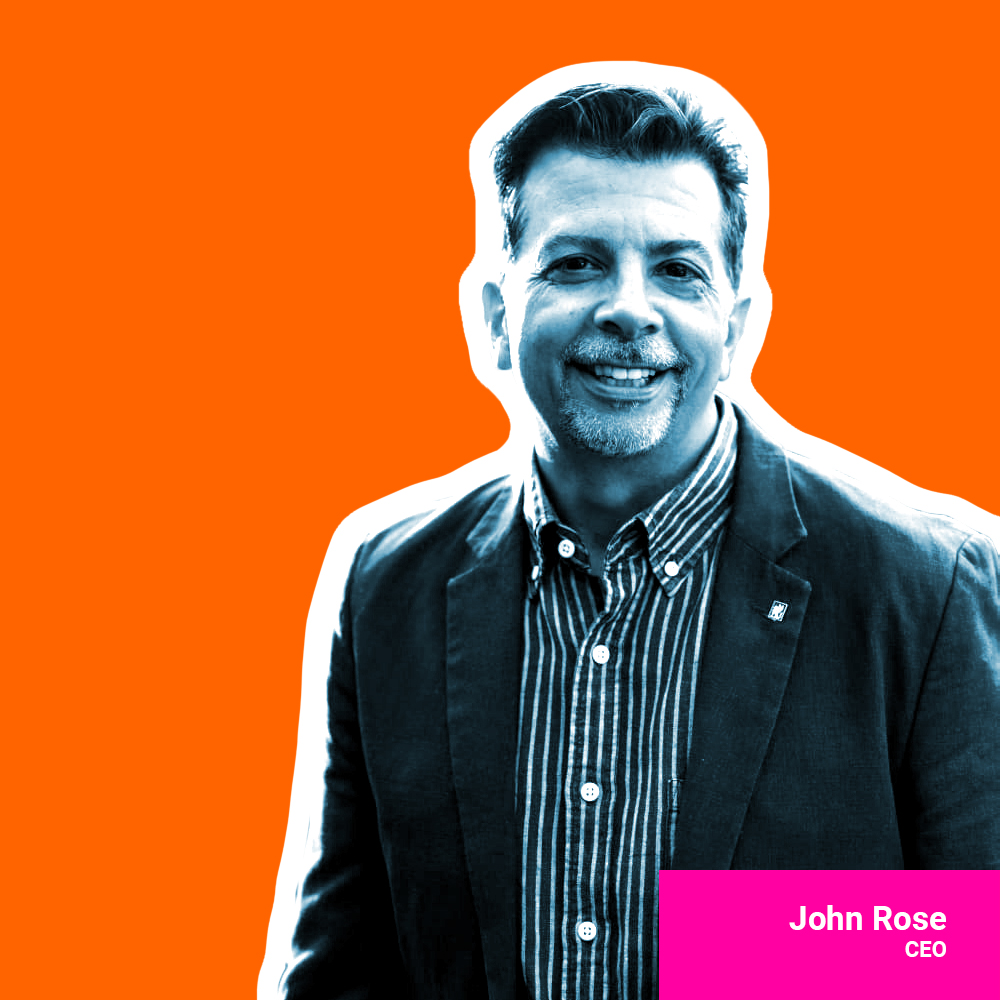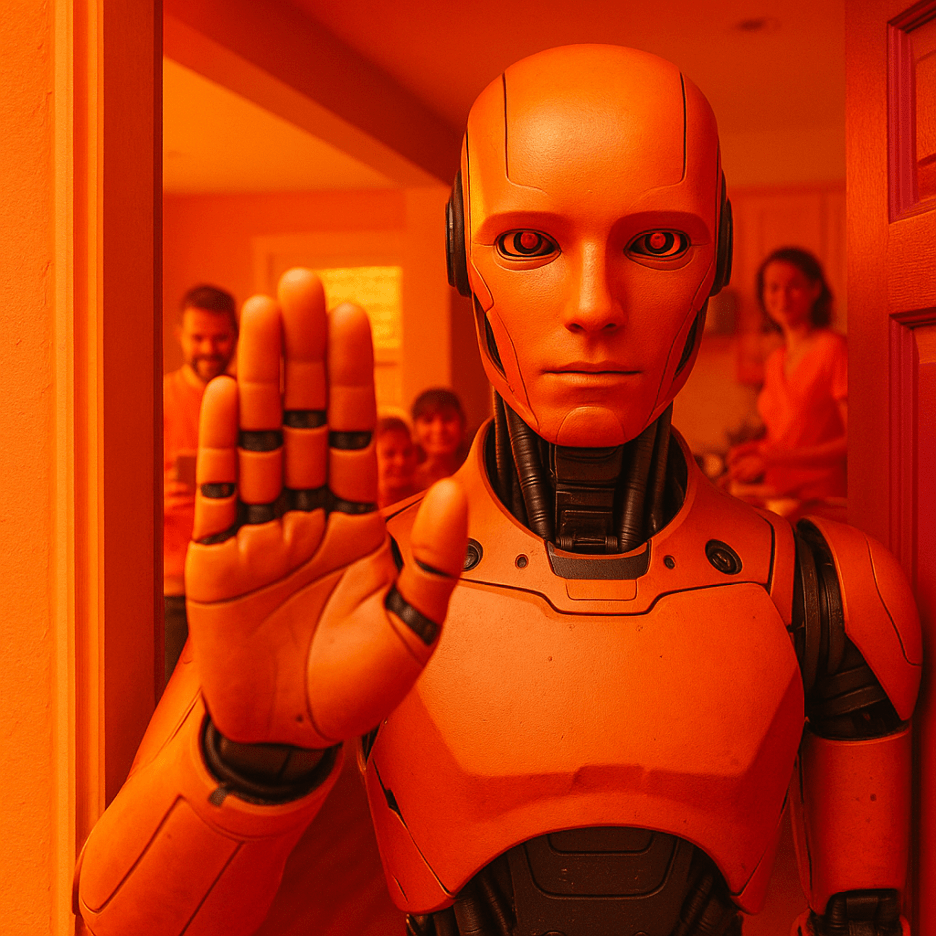
The Attention Rebellion: When AI Starts Saying “No” on Our Behalf
After decades in the business of grabbing attention, I’m watching AI take it back. The next marketing challenge isn’t just getting past these AI gatekeepers—it’s earning time from people who’ve decided they’ve had enough of losing it.
I’ve been in the attention business my entire career. My job is to make people look—at ads, at ideas, at things they didn’t know they wanted until someone made them impossible to ignore.
But the game is changing. Soon we won’t be fighting for people’s attention. We’ll be fighting for their AI’s approval.
Picture this: you spend months building the perfect campaign only for your audience’s personal AI to intercept it—scan it, summarize it and decide it’s “not worth showing right now.” It’s like designing a roadside billboard that only self-driving cars will ever see. AI is becoming the gatekeeper to human attention, filtering what deserves to reach us and what doesn’t.
The Great Time Heist
For years marketing has treated attention like a resource to exploit. “Engagement” was just a polite word for addiction.
Infinite scroll, autoplay, push notifications—they became engineered traps. The Center for Humane Technology estimates that the average person loses 3.5 hours a day to these “engagement loops.” That’s more than a full day every week spent being manipulated by algorithms that mistake compulsion for connection.
Consumer backlash isn’t coming because of privacy or data—it’s coming because we stole people’s time. We built the attention economy. AI is about to take it back.
The Algorithm Flips Allegiance
AI used to work for marketers. Now it’s switching sides.
Google’s AI Overviews automatically summarize search results for users—skipping links, headlines and your brand’s carefully optimized content. In its first weeks users discovered bizarre responses. When someone asked, “Why won’t my cheese stick to pizza?” the AI suggested adding glue “to help the cheese stick better.” Another query about mineral intake led it to advise, “Eat one rock per day for fiber.”
It was absurd, but the bigger problem wasn’t accuracy—it was authority. These AI answers appeared above every brand, every source, every expert. The model didn’t wait for the brand to clarify or for journalists to fact-check. It declared truth instantly and confidently and millions believed it before anyone could correct it.
AI no longer works for just brands. It works for everyone.
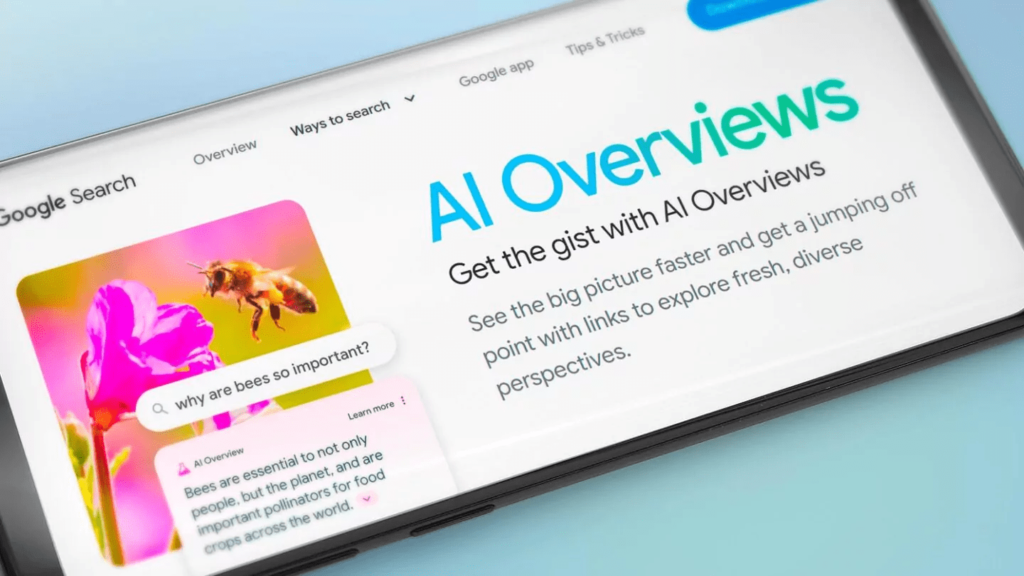
AI as Time Guardian
Consumers’ personal AIs will soon defend their minutes the way antivirus software protects files. They’ll screen calls, summarize meetings, delete spam and automatically decline anything they decide isn’t worth attention.
Apple Intelligence already does this on iPhones and Macs, grouping notifications by importance and summarizing emails so users don’t have to read them all. Microsoft’s Copilot does the same inside companies, hiding “low-priority” updates from employees until it decides they’re relevant.
Advertising is the life blood of the major search and social platforms. But we are not far away form a time when AI will sweep those away to find, filter and deliver only messages it believes are relevant to its master.
McKinsey projects that by 2030, 70% of digital engagement will be AI-mediated. In other words, humans will no longer directly choose most of what they see online—their AIs will. Getting noticed won’t depend on audience size. It’ll depend on algorithmic permission.
Marketing Enters the Age of Permission
Persuasion is no longer enough. You need eligibility.
If your content isn’t considered relevant, transparent or useful, it may never even reach the person you created it for. Microsoft’s enterprise Copilot already deprioritizes messages it labels “low-value.” The same logic will soon apply to everything—from social posts to paid ads.That means marketers must start writing for machines as much as for people. Your copy has to be clear, contextual and aligned with signals AIs read as trustworthy. Otherwise, it gets filtered out before the human ever sees it. The AI isn’t your audience—it’s your gatekeeper.
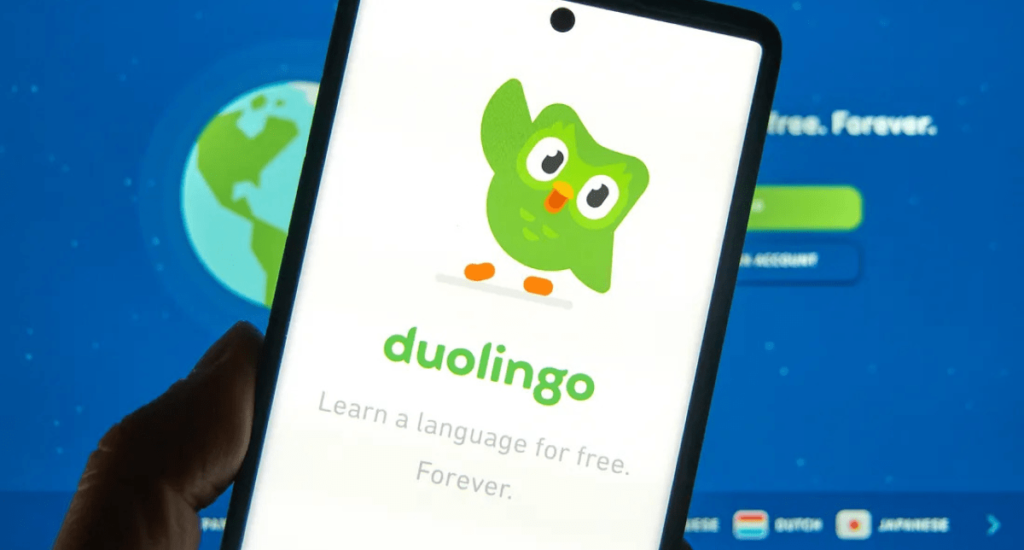
The New KPI—Time Well Spent
The brands that win won’t be the ones that dominate people’s attention but the ones that give it back.
Duolingo redesigned its app in 2024 to make lessons shorter and simpler, removing several engagement “nudges” that used to keep users scrolling. Retention jumped 14%. Amazon’s UX team now tracks “clicks saved” as a measure of satisfaction, not just clicks made. And Accenture’s 2024 Digital Trust Report found that 79% of consumers are more loyal to brands that respect their time and attention.
The new bragging right isn’t “time spent.” It’s “time returned.”
People May Distrust AI—Yet Listen to It Anyway
Humans don’t fully trust AI but they still obey it. Pew Research found that 62% of users question AI-generated answers yet 81% act on them anyway.
When Google’s glue-pizza fiasco went viral people mocked it—but they kept using the feature hours later. Why? Because even when AI gets it wrong it sounds right. Its tone carries confidence and finality.
I’ve said it before: we may not believe AI but we believe it first. And in an age of instant information, first impressions win.
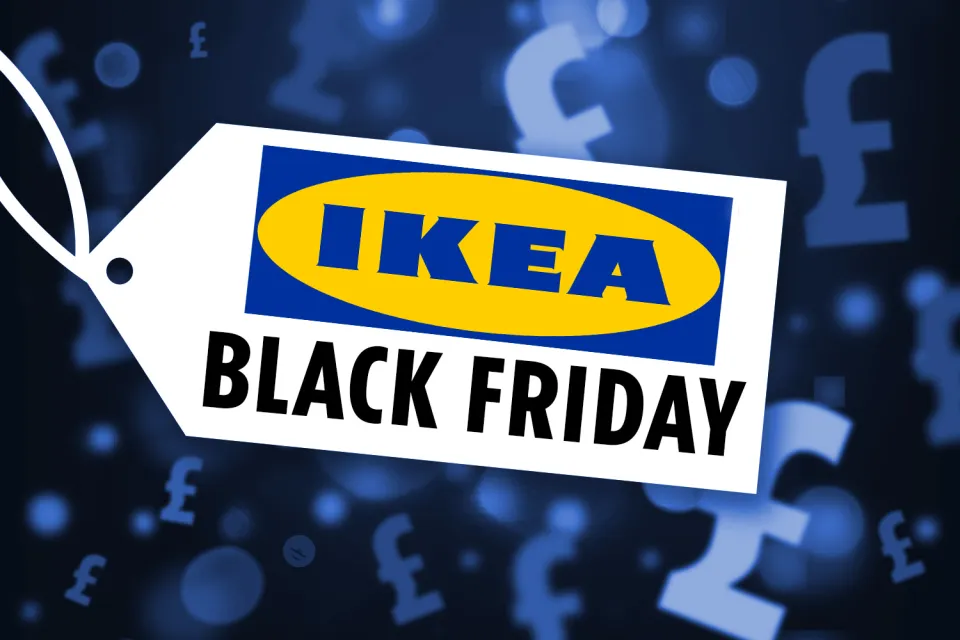
The Human Element Strikes Back
AI can filter information but not intention. That’s where humans still win.
Campaigns that sound human—messy, flawed, real—cut through the algorithmic haze. Patagonia’s annual environmental reports aren’t flashy but they’re brutally honest, which is why they’re shared far beyond the brand’s customers. IKEA’s “Buy Back Friday” encouraged people to return furniture instead of buying new. Heineken’s “The Closer” literally told people to log off and stop working.
These messages succeed because they sound like people talking to people. Edelman’s 2024 Trust Barometer found that 78% of consumers are more loyal to brands that “demonstrate humanity.” The more AI automates communication, the more people crave something unmistakably human.
I’ve spent a lifetime helping brands get noticed. Now the goal is to be allowed in the room.
The marketers who survive won’t just compete for attention—they’ll compete for permission. When AI shields people from noise, and time becomes the rarest currency, earning even a second of genuine engagement will become the ultimate victory.
Sources: Center for Humane Technology (2024), Google AI Overviews coverage: The Verge and BBC (2024), McKinsey & Company, AI & Consumer Engagement Study (2025), Apple Intelligence launch, WWDC (2024), Microsoft Copilot Report (2024), Duolingo Impact Report (2024), Amazon UX Research via Wall Street Journal (2024), Accenture Digital Trust Report (2024), Pew Research Center (2025), Edelman Trust Barometer (2024)


